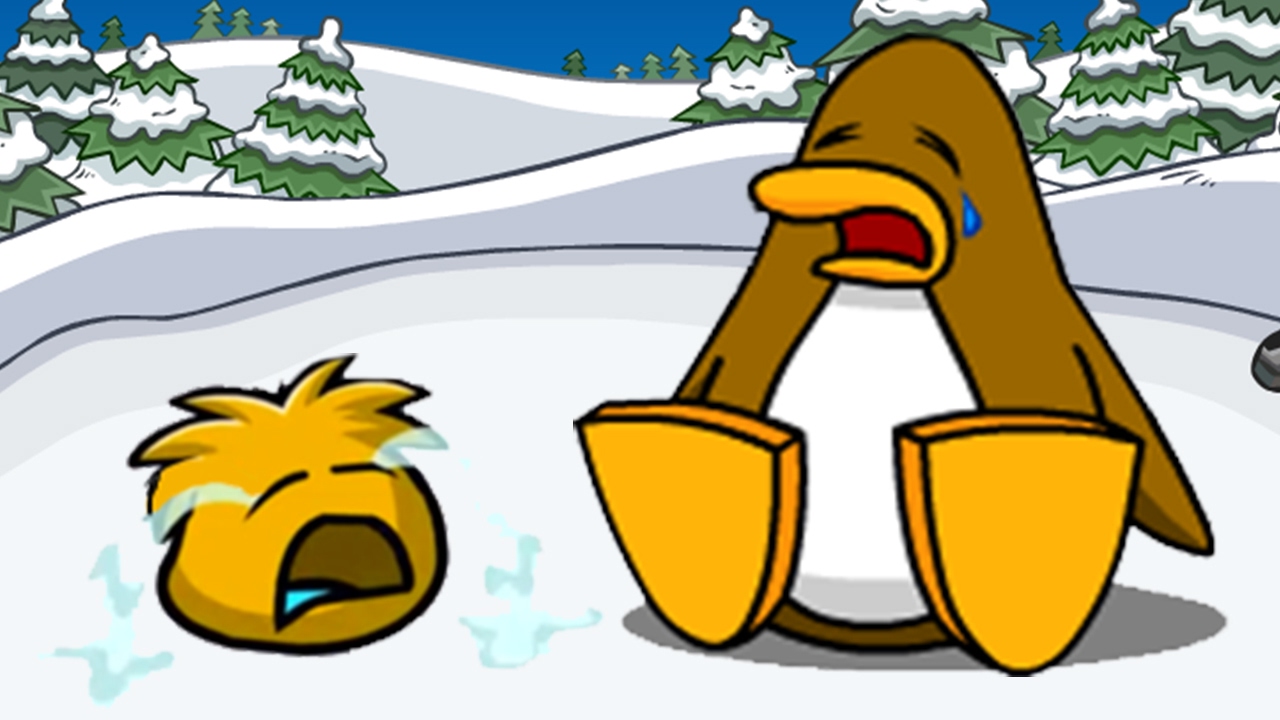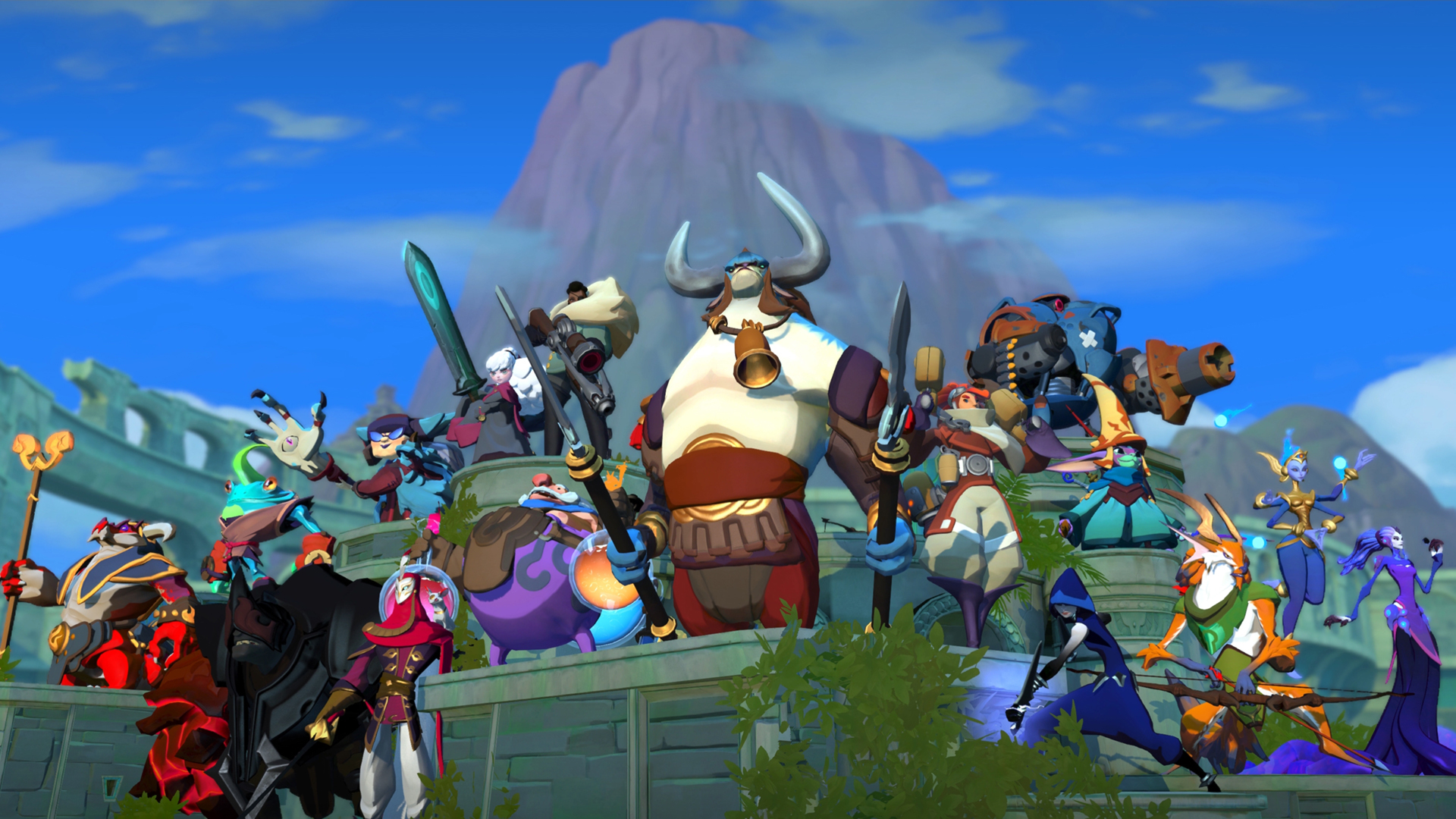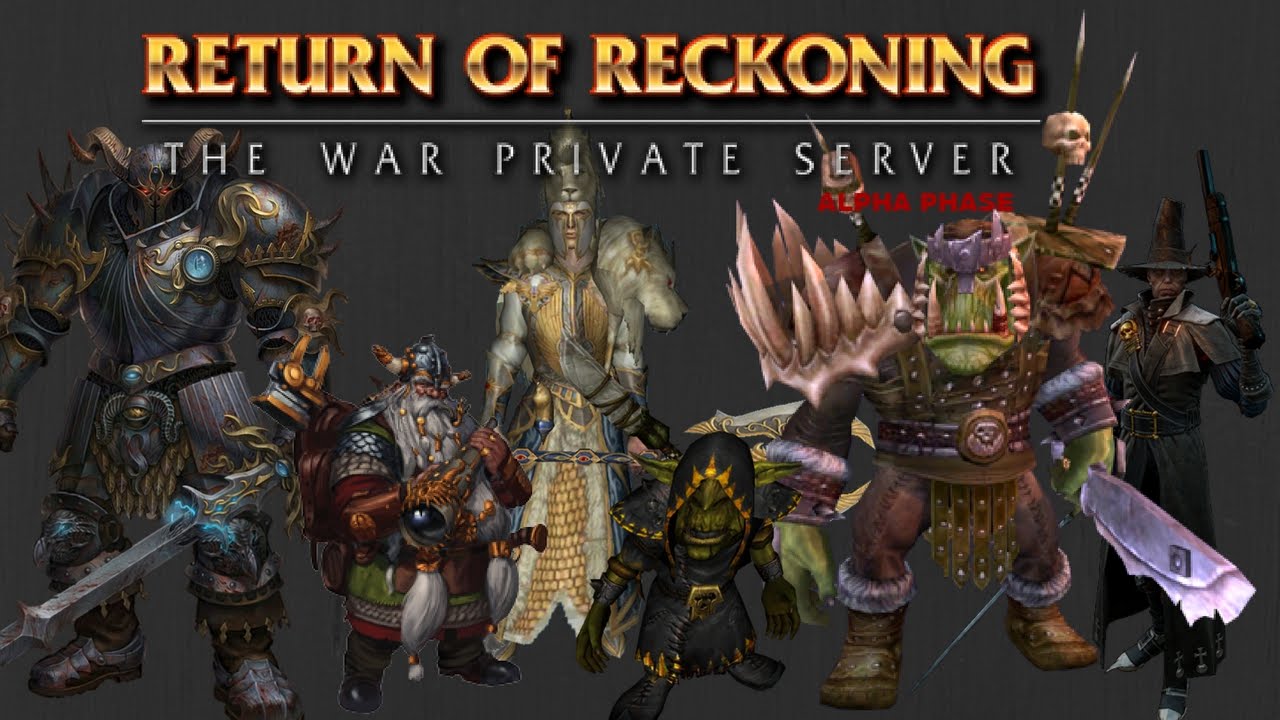What it's like to kill a game
How developers and community managers deal with the process and pain of shutting down online communities.

There was no ethical way to kill Club Penguin. There were no flawless excuses, no real backup plans, no perfect ways to convey the realities of Disney's bottom line to the hearts and souls left behind on those frosty slopes. No, this was going to hurt. That's what Bobbi Rieger remembers from when she got the news. As one of Club Penguin's primary community managers, she suddenly was the liaison of the apocalypse. Rieger was an adored personality—10,000 followers on Twitter, a consistent presence on their YouTube channel—but now she had to make everyone sad, and there was nothing she could do.
"My immediate reaction was, 'Oh crap,'" says Rieger over Skype during her lunch break at her new job working on cartoons at Yeti Farm Creative. "Of course my thoughts went to the community and how we could make this as positive as possible. At the end of the day, it's going to be hard. It's gonna suck. I was just like, 'OK, what's the action plan?'"
Games didn't always have to die.
There were so many questions Rieger needed to answer. What would become of the newly-renewed subscribers, who suddenly found themselves without the home they paid for? What about the in-game furniture and clothing proudly lining the expertly curated igloos of the most dedicated players? The community team connected with the developers and tried to find a way to work through the anguish of their fans, while expressing a little bit of their own. Together, they tacked a one-and-a-half page elegy to The Club Penguin Times, an ongoing company newsletter that traditionally served as a place to make announcements and amend the community calendar.
"I know wherever you are, you'll continue to be amazing Penguin citizens. And as we say goodbye over the next week, you'll support each other, welcome new friends, and create the best community ever," it reads. "Thank you. By far, you are the best story any newspaper editor could ever hope for."

End of life
Games didn't always have to die. You can still find vibrant server lists in Battlefield 1942, or Unreal Tournament, or Counter-Strike 1.6—each relics of an era before our current always-online, games-as-a-service generation. But that's not the promise that developers make to players anymore. In 2018, a game's material existence hinges solely on the continued passion of its accrued base, which is a policy that gives us a number of corpses. Last month we lost Paragon and Gigantic, two solid free-to-play MOBAs that never managed to pierce the veil. Rest in peace Dawngate and Infinite Crisis, who didn't even make it out of early access. To Warhammer Online, who watched helplessly as EA let the license expire. To Gravity Rush 2, whose fans are fighting tooth and nail to keep online until summer. That's not to say there aren't success stories—it is genuinely heartwarming that the original Everquest is still getting regular updates—but those cases are the exception, not the rule.
Being mad about those losses is natural, but you can't really blame the games industry for shuttering servers. This is an expensive, chaotic business. There are infinite horror stories of studios closing in the postpartum weeks after their game goes gold. Boarding up an online service is more often a harsh reality than a merciless scheme.
Today Mark Jacobs is building a new MMO called Camelot Unchained with City State Entertainment, but in the past he served as CEO for EA's mercurial Mythic division. As a pioneer of PC multiplayer, he's used to killing his children—Godzilla Online, Aliens Online, Dragon's Gate. At this point, Jacobs has it down to an art.
The biggest gaming news, reviews and hardware deals
Keep up to date with the most important stories and the best deals, as picked by the PC Gamer team.
The algebra of putting a server down was a lot simpler in the late '90s.
"You should always try to be as honest as possible with the players. Sometimes, you are not allowed to disclose the reason(s) for the shutdown if another partner is involved but that is a fairly rare occurrence. As I am someone who has taken the 'overly-sharing' developer role while I was at the helm of Mythic Entertainment and now at City State, I always try to have a lot of empathy. However, at the end of the day you have a business to run and if circumstances come up that force your hand, sometimes all you have is empathy," says Jacobs. "Other times, you have to make a decision about whether you can afford to keep something running because it is losing money or distracting the studio from its main focus. Now, if you are making a lot of money, the first reason is a little less valid. But in most cases, it’s not an easy decision."
Jacobs is speaking from decades-old experience, and he admits that the algebra of putting a server down was a lot simpler in the late '90s. Sure, there was a small contingent of broken-hearted players after the MUD Darkness Falls went offline in 2006, but they also didn't have any equity at stake. Compare that to 2018's business models: if tomorrow Blizzard decided to obliterate Hearthstone, they'd be forced to answer to millions of people who've dumped a ton of cash into their card collections. Can they lay claim to those assets? Do they deserve a refund? It's a problem that's only going to get more complicated in our pervasive post-release transaction world.
"When you go down that route, especially if you are selling things before the game goes live, that presents an entirely different set of problems for the developers and publishers," says Jacobs. "One of the typical requests is, 'Can we buy the code and run it ourselves,' and the answer to that is almost always no."
There are many reasons the answer is usually no. For instance, a game may rely on licensed property the publisher itself doesn't own. Or, the publisher may simply not wish to license its code and characters to the public, with all the work and legal complications that comes with.
Bobbi Rieger was lucky. She had an ace up her sleeve. When Club Penguin closed in early 2017, Disney was already hard at work on a 3D, mobile-only spiritual successor called Club Penguin Island. This allowed her and her team to assuage the misgivings and controversies, the kids cursing the name of Big Mickey in the central square, with a brand new thing. They offered full refunds for their annual subscribers, and incentivized them to migrate over to Island with pre-release goodies. "We spent a lot of time on it because we really wanted to get it right," explains Rieger. "We didn't want it to seem like, 'Oh yeah we'll give you this, whatever.' We wanted it to be something they really cared about."
Their solution was a member's jacket; a penguin-fitted varsity button-up proudly emblazoned with the number of years the owner had been a member (from 1-11). It was obtainable only during the final months of Club Penguin's life. At the farewell party, as the lights were dimming and the fireworks were exploding, you could stand there dressed to the nines in digital proof of your endurance. It was a simple gesture, but all Bobbi Rieger wanted was for her players to feel seen. For this ending to be as un-callous as possible.
On top of the emotional burden, there are other complexities. Rieger recalls the difficulty of turning off servers of a multi-region game at a fixed hour. How do they make sure that the global population of penguins have enough time to pay their respects? She remembers scouring the massive rolodex of Disney webpages, pulling down any references to Club Penguin. "[We had] to make sure we weren't promoting it after it died," she laughs.
But the thing Rieger will remember the most are the parents. Club Penguin always held a strong community of autistic kids, which was something she, and the rest of Disney, took very seriously. The servers were equipped with stringent anti-abuse protocols that weeded out any interlopers with startling efficiency. To this day, there are precious few examples of coordinated harassment campaigns in Club Penguin, especially when compared to other freeware avatar-based networks like Habbo Hotel. The fallout after the announcement was a mixture of sadness and anger, which are both difficult to digest in their own ways, but it's especially hard to answer a father or a mother who is fearing for their child.
"There were a few parents of kids with special needs were like, 'Well now my kid has nowhere to go, so what do you want me to do?'" says Rieger. "I think that's where we were lucky with Club Penguin Island—we were building it so it could be accessible to all abilities … We were able to say, 'Yeah it's different, but it's still familiar, it's still built by the same team that's so passionate about building a safe place for kids.' That was really helpful."
Acceptance
I logged in at midnight and spent time with them as the servers shut down. Oh my god. I cried.
Bobbi Rieger
If you're so inclined, you can still find a way to play Club Penguin in 2018. Dead games are routinely resurrected by passionate people—exhuming the code, and locking it in a hyperbaric chamber. Warhammer Online can be accessed through a private server. Same with Star Wars Galaxies, The Matrix Online, and 2004-era World of Warcraft. Surely, with enough time, a group of Paragon fans might upload their own hacked client so they can play Epic's failed esport for the rest of time. That's the way things work.
As a Flash-based MMO, it surely wasn't difficult to digitize and host off-brand Club Penguin servers, and maybe that explains their ubiquity. I can count at least three—CPPS.me, CPPS.io, freePenguin—each of which transports you back to wherever you left your igloo. Surely you cannot expect any future Star Wars or Lion King tie-ins cooked up by the independent team behind the scenes, but it's a nice gesture nonetheless.
Given that Rieger no longer works at Disney, and still holds a crucial appreciation for the wintry neighborhood she left behind, I asked her if she has any gratitude for the people who've reignited Club Penguin. If she's happy that all that work still exists in some capacity. Rieger does, though not without some concerns.

"It scares me a little bit because a lot of those third-parties aren't as safe as Club Penguin was," she says. "A part of me is happy that the legacy lives on, and people love it so much to spend their own time and money to keep it alive for people that enjoy it. But I'm a little wary of it, I wouldn't recommend it to anyone, but I'm not unhappy with it."
I sympathize with her dilemma. Bobbi Rieger is one of the few people on earth who's been fully immersed in a community like Club Penguin, and she's seen firsthand the pain as it slipped away. She remembers paging through the reams and reams of comments, an endless supply of kids waxing on about how this silly little island, with its snowball fights, dance clubs, and hockey rinks, helped them break out of their shell. "I logged in at midnight and spent time with them as the servers shut down," she says. "Oh my god. I cried. You always know Club Penguin was a special place. But I don't think you realize how much people relied on the game."
To this day, it affects her. She still thinks about Club Penguin, and she probably always will. And I suppose that's the most important step in killing a game: she wasn't able to make things perfect, but she at least gave her community a chance to heal.

Luke Winkie is a freelance journalist and contributor to many publications, including PC Gamer, The New York Times, Gawker, Slate, and Mel Magazine. In between bouts of writing about Hearthstone, World of Warcraft and Twitch culture here on PC Gamer, Luke also publishes the newsletter On Posting. As a self-described "chronic poster," Luke has "spent hours deep-scrolling through surreptitious Likes tabs to uncover the root of intra-publication beef and broken down quote-tweet animosity like it’s Super Bowl tape." When he graduated from journalism school, he had no idea how bad it was going to get.

